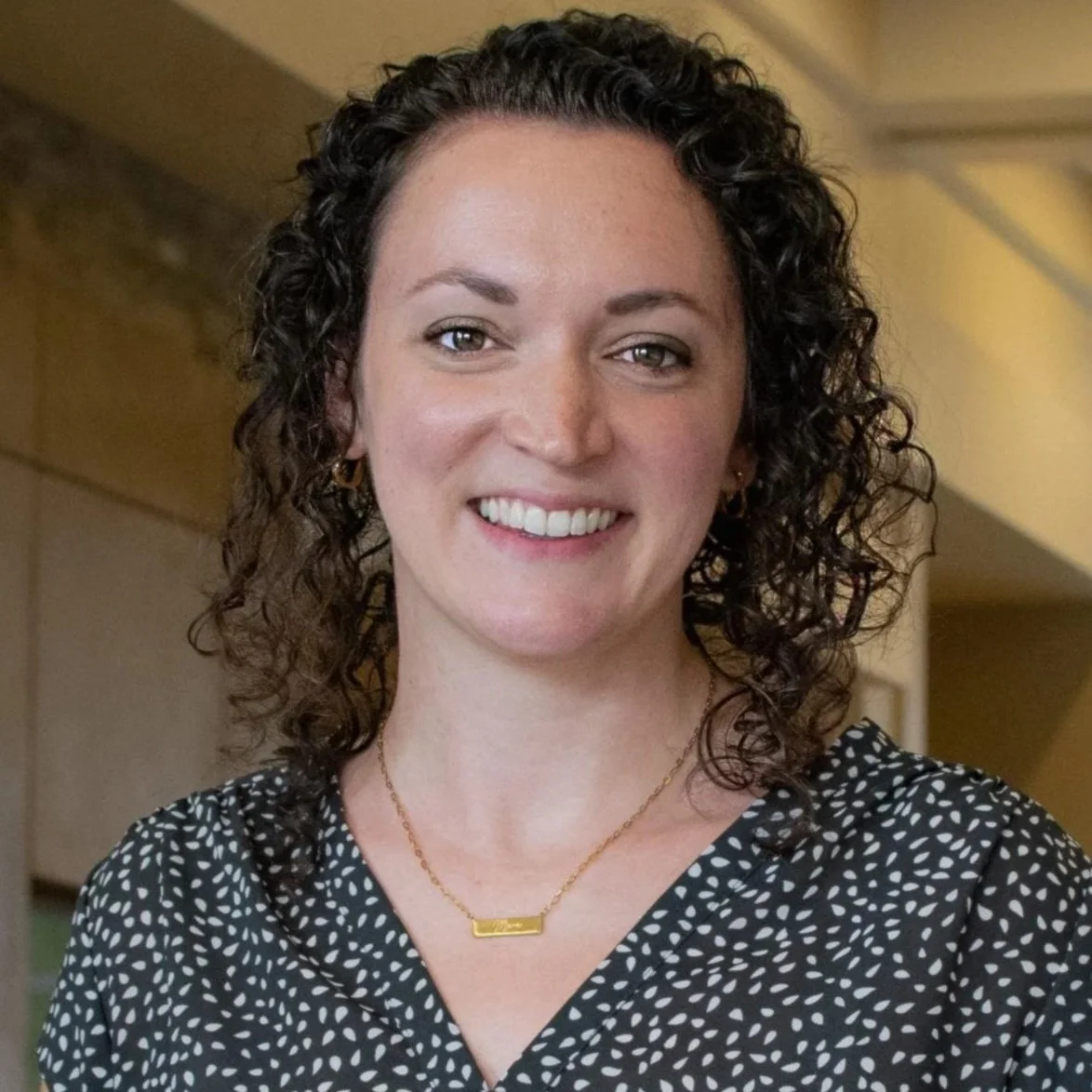University of Florida
Contributions of auditory and somatosensory feedback to speech motor control in congenitally deaf 9- to-10-year-olds and adults
Cochlear implants have led to stunning advances in prospects for children with congenital hearing loss to acquire spoken language in a typical manner, but problems persist. In particular, children with CIs show much larger deficits in acquiring sensitivity to the individual speech sounds of language (phonological structure) than in acquiring vocabulary and syntax. This project will test the hypothesis that the acquisition of detailed phonological representations would be facilitated by a stronger emphasis on the speech motor control associated with producing those representations. This approach is novel because most interventions for children with CIs focus strongly on listening to spoken language, which may be overlooking the importance of practice in producing language, an idea we will examine. To achieve that objective, we will observe speech motor control directly in speakers with congenital hearing loss and CIs, with and without sensory feedback.















